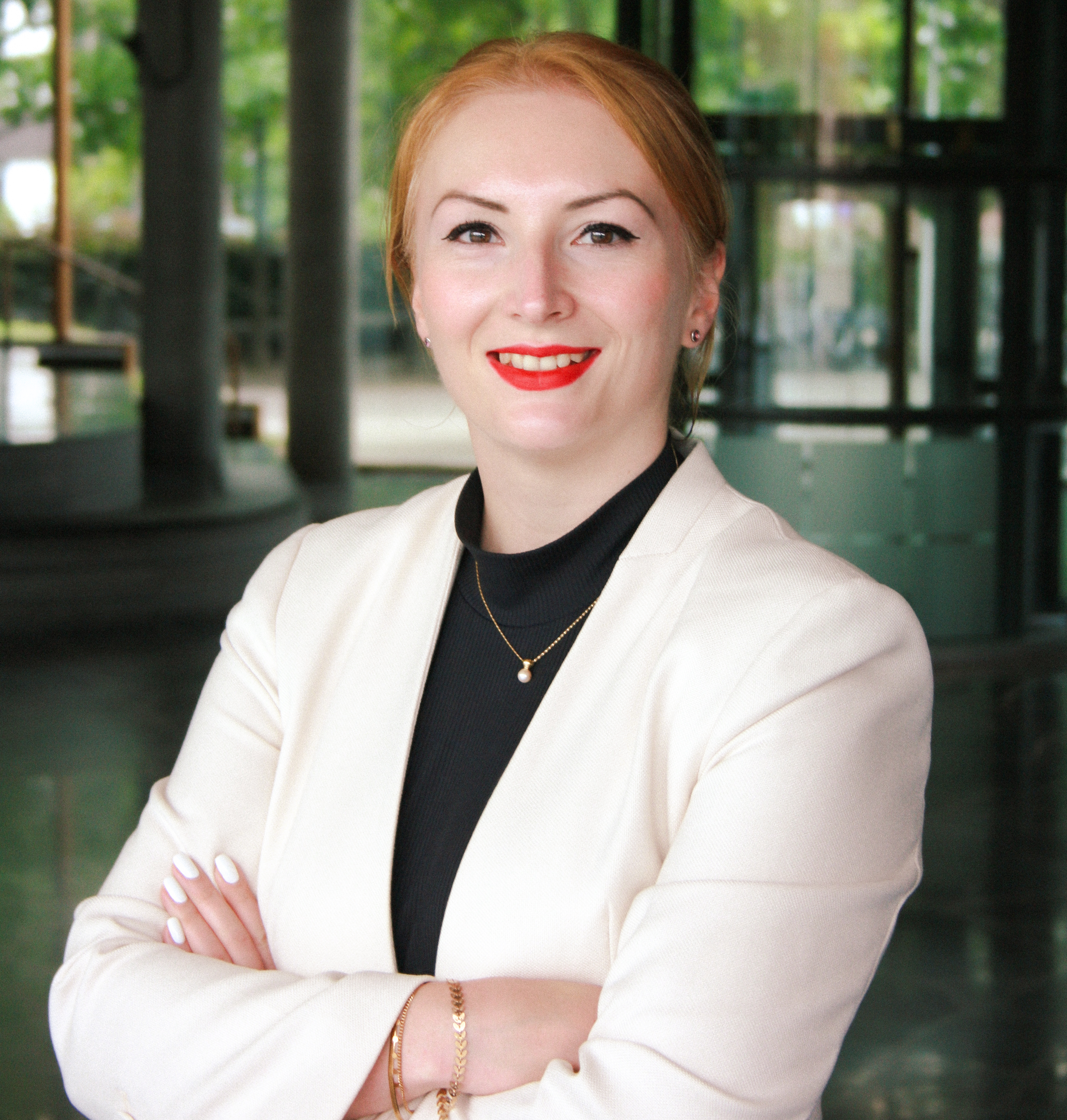Department of Strategy and Innovation
Jobmarket candidates
Job Market Candidates 2025
|
Rita Bonvicini |
|
Short bio: Rita Bonvicini is a PhD fellow at the Department of Strategy and Innovation. She holds a Master of Science in “Economics and Management of Innovation and Technology” from Bocconi University. Before joining CBS in 2019, Rita worked in the private corporate and banking sector for almost 10 years. Rita Bonvicini’ s PhD project focuses on the individual-level implications of open innovation. In her fist paper, she studies the effects of open innovation on the wages of R&D workers. On her second project, she is investigating the consequences of open innovation on employees’ well-being. For these studies, Rita mainly uses Danish Registry data from Denmark Statistics (e.g. demographic and labor market data, innovation data and data on prescriptions of stress-related medications). The first paper was presented at SEI (Strategy, Entrepreneurship and Innovation) consortium in Barcelona in 2021, as well as at CCC (Consortium on Competitiveness and Cooperation) in Toronto in 2022. Areas of interest: Innovation, Diversity, Open Innovation, Collaboration, Employee Wellbeing, Strategic Human Capital, Organizational Change Job market paper: "Sharing value: How R&D workers benefit from their employer’s open innovation activities" Abstract: We use a stakeholder bargaining power lens to investigate the effect on employee wages of firm adoption of open innovation. The value derived from this change will differ depending on individual employee characteristics. We suggest that R&D workers are critical for integrating the knowledge gained from collaborative innovation activities, and that they will receive a higher premium compared to other workers. We hypothesize that this effect will vary with the firm’s replacement costs and the employee’s exit costs should an employee decide to leave the firm. We argue that R&D employees’ prior experience of working in “open” firms will increase their replacement costs while the number of alternative job opportunities will lower their exit costs. We use Danish employer-employee linked data to test our predictions. |
 |
Shelter Teyi |
|
Short bio: Shelter is a PhD graduate from the Department of Strategy and Innovation. His research lies at the intersection between entrepreneurship and strategy. Shelter’s current research investigates the entrepreneurial pre-entry process and the implications of the pre-entry process for firm strategy and different venture outcomes. Shelter has acquired skills in theory building as well as collecting and analyzing large-scale primary (both qualitative and quantitative) data, mainly from the informal economy in Ghana. He has extensive experience in teaching entrepreneurship courses at both the undergraduate and graduate levels. Shelter has also co-taught a course that leverages gamification as a tool in learning about mechanisms of strategy. Each of the three papers that make up Shelter's PhD thesis has been recognized with best paper awards and nominations at prestigious conferences such as the Academy of Management Conference (2025), the Africa Academy of Management Conference (2024 and 2023), and the Nordic Conference on Small Business and Entrepreneurship Research (NCSB2022). Areas of interest: The entrepreneurial pre-entry process, Entrepreneurial strategy, Entrepreneurship in the informal economy, Necessity entrepreneurship in developing countries, Entrepreneurial identity, Social embeddedness Job Market Paper: Entrepreneurial pre-entry process, evidence from the informal economy Abstract: The entrepreneurial pre-entry process encompasses the set of actions through which prospective entrepreneurs may learn about the viability and feasibility of their business ideas. We study the entrepreneurial pre-entry process within the context of the informal economy, the part of the economy that operates outside the reach of different levels and mechanisms of official governance. Entrepreneurship rates are relatively high in the informal economy, yet the types of businesses founded and their performance are often underwhelming. We develop a theory that explains why some prospective entrepreneurs in this context engage in more pre-entry steps – as a measure of their search for information – than others. We argue that prospective entrepreneurs’ human capital endowments are positively associated with the number of pre-entry steps that they take when assessing new business ideas, and even more so when they are broadly embedded in informal institutional domains. We further argue that social embeddedness can be a double-edged sword because the depth of embeddedness in informal institutions can erode the gains that would otherwise accrue from individuals’ human capital endowments. We test our hypotheses with unique survey data from a large informal cluster in Ghana – a country where over 80% of the economic activity is estimated to be informal – and find broad support for our theory. |





